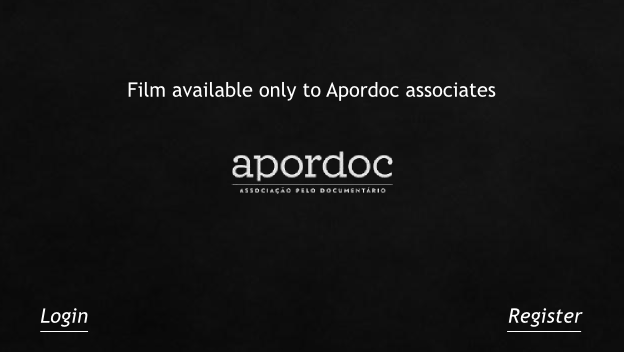
The Passion According to the Polish Community of Pruchnik
Director Andreas Horvath
Countries Austria
Duration 30 min
Synopsis
“It was like this: 1200 Poles, 800 Jews and 400 people of other nationalities. The mayor was Jewish. The judge was Jewish. The doctor was Jewish.... All key positions were filled by Jews. Everybody else was rabble.” This openly anti-Semitic statement is the first thing to be heard in Andreas Horvath and Monika Muskala’s The Passion according to the Polish Community of Pruchnik. As it is spoken by several different people in a voice-over, the picture shows a farmhouse at night, followed by the farm’s cowshed and barn. In the latter, the men who apparently did the talking make a larger-than-life straw figure of a man, which is given the name Judas when finished. This takes place in Pruchnik, a small village in southeastern Poland, on the night before Good Friday, 2008. Although straw figures are burned in many Polish villages in the spring, to drive away winter, this heathen custom seems to have been given Christian symbols in Pruchnik alone. The men in the village don’t know when this happened, and they aren’t willing to believe that Christian anti-Judaism was the medieval predecessor of anti-Semitism: This has nothing to do with the Jews, this is only about Judas’ betrayal of Jesus. To make amends for this event, the effigy is hung up, dragged through the village, beaten with rods, and then set afire before being thrown into the water. The betrayal has been avenged by the hour of the Savior’s death. Whoever thinks that The Passion is solely about observing this ritual to reveal the heathen roots of folk Catholicism is mistaken. In its final third, The Passion shows a Catholic ceremony in harmony with the spirit of the ritual: Men armed with swords guard Christ’s tomb in a church. Who would dare to steal the Savior’s body? (Vrääth Öhner)
“It was like this: 1200 Poles, 800 Jews and 400 people of other nationalities. The mayor was Jewish. The judge was Jewish. The doctor was Jewish.... All key positions were filled by Jews. Everybody else was rabble.” This openly anti-Semitic statement is the first thing to be heard in Andreas Horvath and Monika Muskala’s The Passion according to the Polish Community of Pruchnik. As it is spoken by several different people in a voice-over, the picture shows a farmhouse at night, followed by the farm’s cowshed and barn. In the latter, the men who apparently did the talking make a larger-than-life straw figure of a man, which is given the name Judas when finished. This takes place in Pruchnik, a small village in southeastern Poland, on the night before Good Friday, 2008. Although straw figures are burned in many Polish villages in the spring, to drive away winter, this heathen custom seems to have been given Christian symbols in Pruchnik alone. The men in the village don’t know when this happened, and they aren’t willing to believe that Christian anti-Judaism was the medieval predecessor of anti-Semitism: This has nothing to do with the Jews, this is only about Judas’ betrayal of Jesus. To make amends for this event, the effigy is hung up, dragged through the village, beaten with rods, and then set afire before being thrown into the water. The betrayal has been avenged by the hour of the Savior’s death. Whoever thinks that The Passion is solely about observing this ritual to reveal the heathen roots of folk Catholicism is mistaken. In its final third, The Passion shows a Catholic ceremony in harmony with the spirit of the ritual: Men armed with swords guard Christ’s tomb in a church. Who would dare to steal the Savior’s body? (Vrääth Öhner)